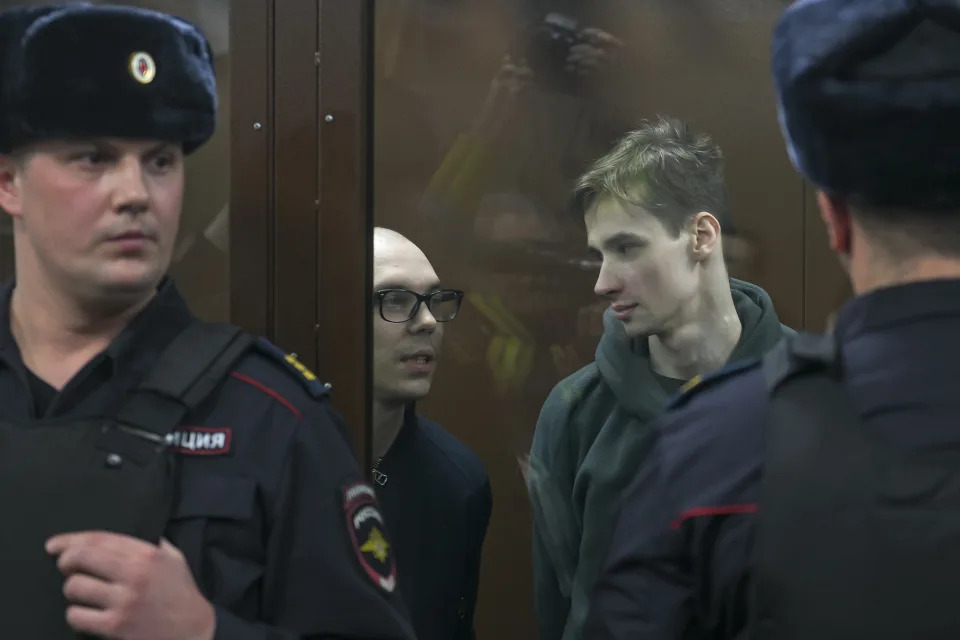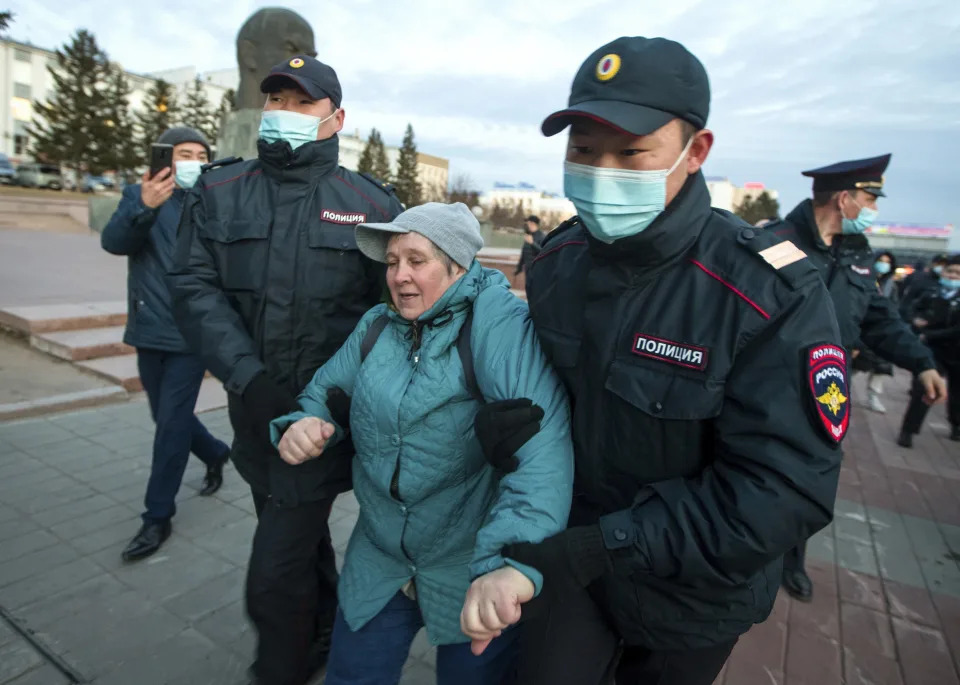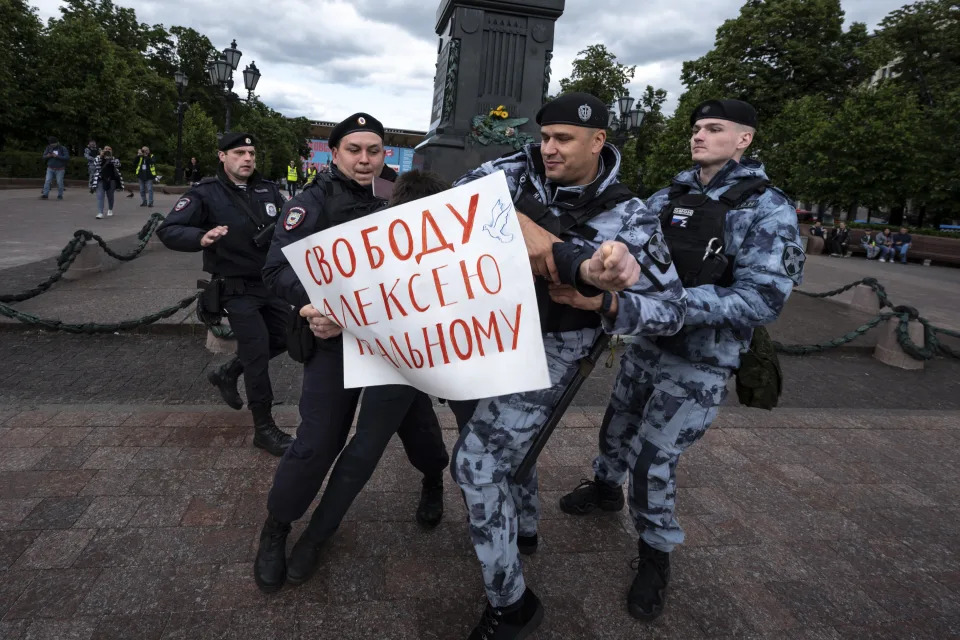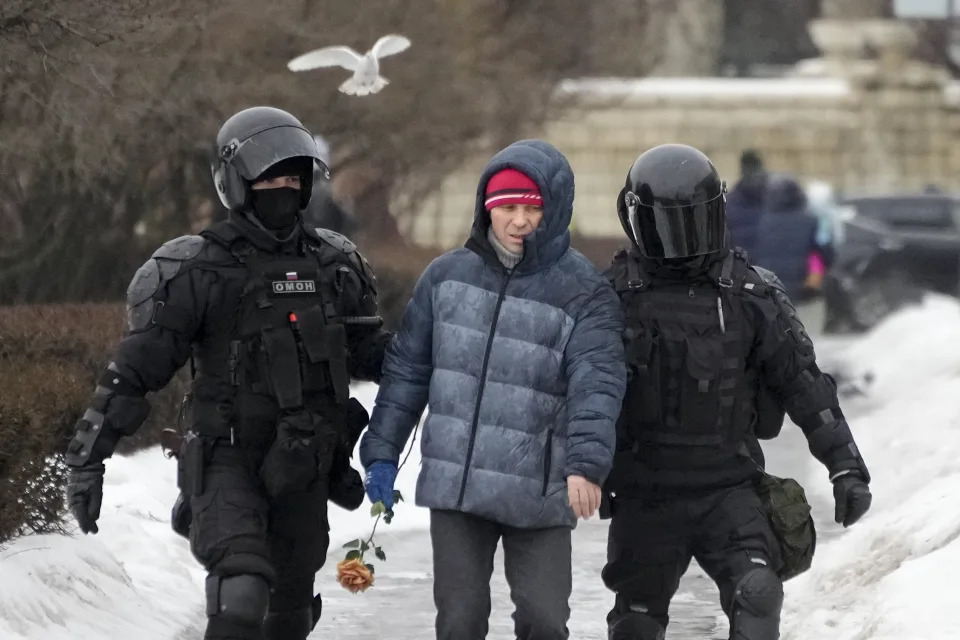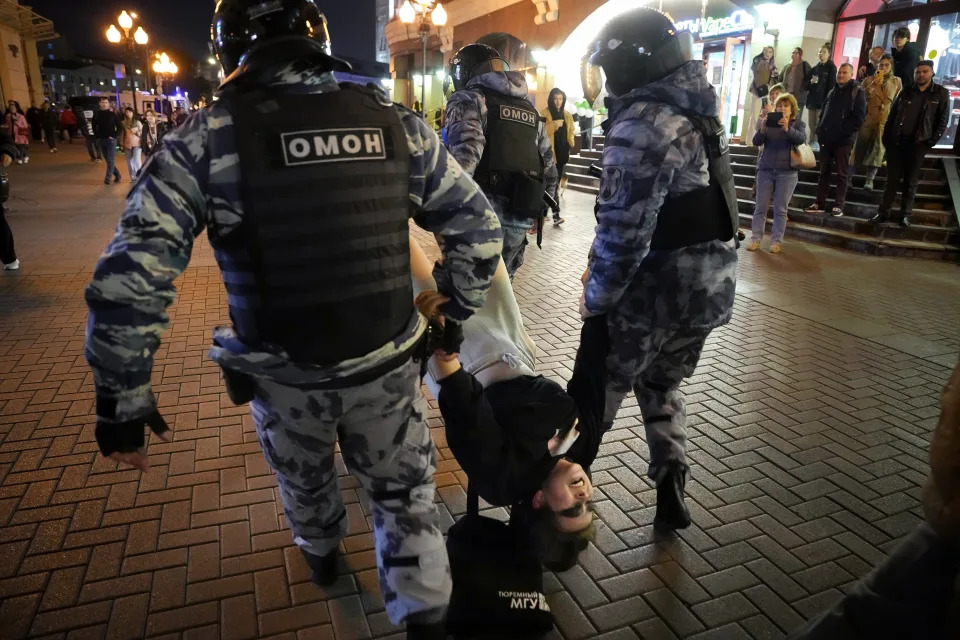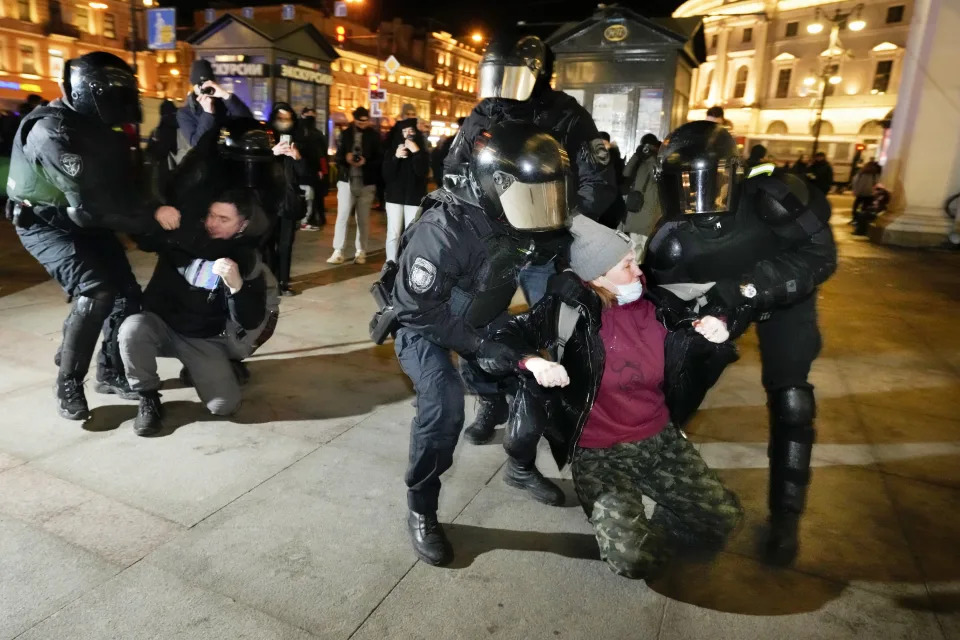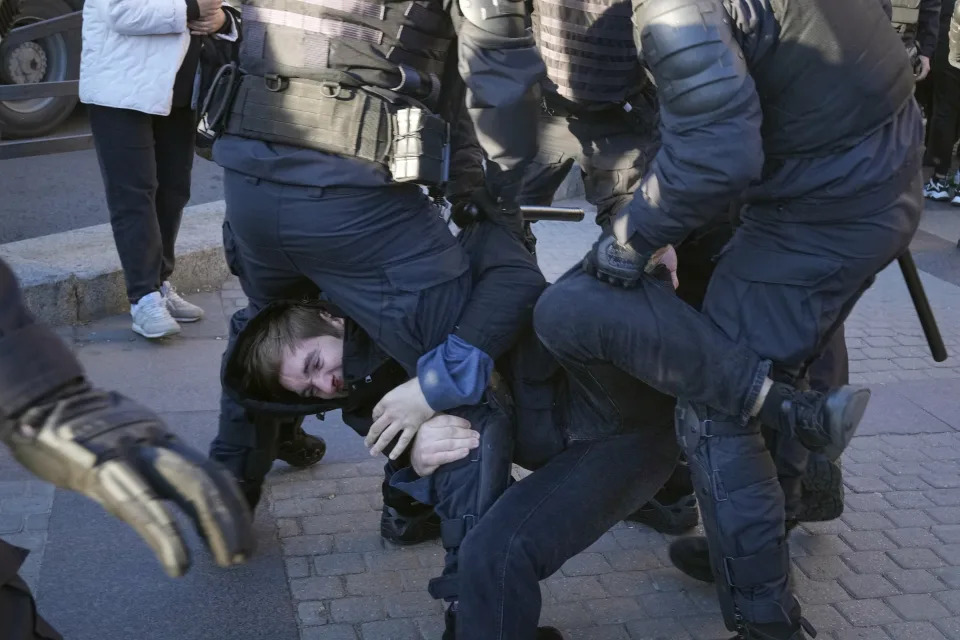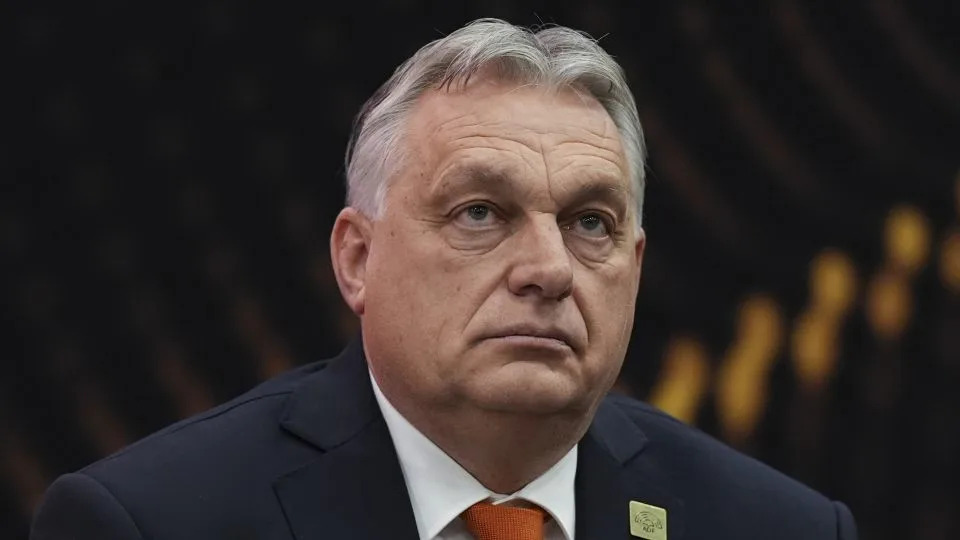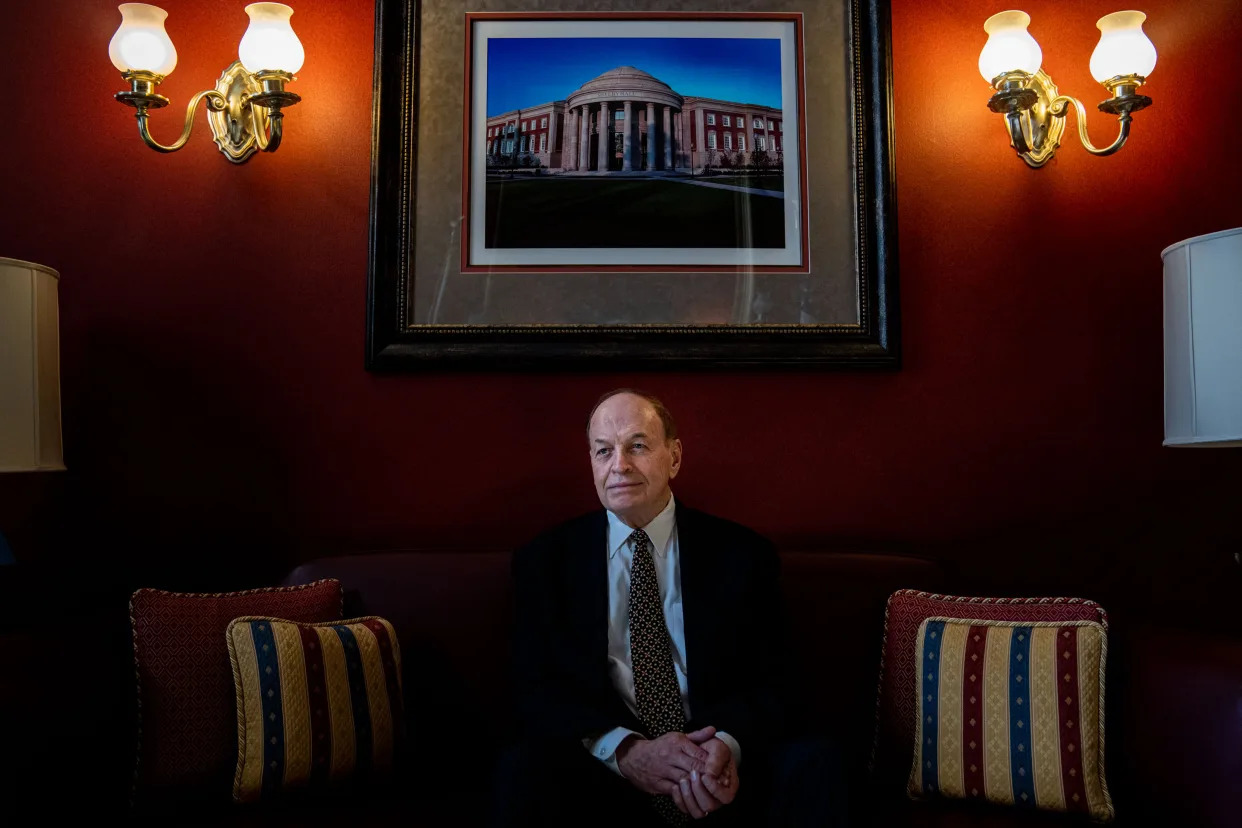The Telegraph
Moldova urges EU to save Transnistria from Vladimir Putin’s influence
Cameron Henderson – March 10, 2024

Moldova has urged the EU to save Transnistria from falling under the influence of Vladimir Putin.
Mihai Popsoi, the Moldovan foreign minister, told The Telegraph: “If Ukraine were to fail to resist, then we are next in line. Our citizens are fully aware of that threat.”
His comments come as European leaders rush to firm up their support for the tiny former Soviet republic.
Emmanuel Macron, the French president, struck a new security deal with Maia Sandu, Moldova’s president, in Paris in recent days.
Last week, Lord Cameron, the foreign secretary, said in parliament that if Putin is allowed to defeat Ukraine, “Moldova would be at risk”.
As Moldova vies for EU membership, Moscow has ramped up its efforts to destabilise the country by encouraging separatists in the pro-Russian enclave of Transnistria to break away, in a bid to retain its authority in the region.
Mr Popsoi called on EU countries to support Moldova’s accession to the bloc and provide foreign investment, arguing that greater European alignment would help bring stability to the region.
“Moldova’s EU accession is a very strong pull factor for the Transnistrian region that also stands to benefit from these positive developments,” he said. “We want to provide them opportunities economically in exchange for reintegration of the country.”

Relations have long been fractious between Chisinau and Transnistria, a thin sliver of land on the border with Ukraine, which has been de facto controlled by pro-Russian forces since the collapse of the Soviet Union but is internationally recognised as part of Moldova.
“The wounds are still fresh for many Moldovan families,” Mr Popsoi said of the Transnistrian War which split the country from 1990 onwards.
Since Moscow began its full-scale assault on Ukraine, Chisinau has been concerned the Kremlin could use Transnistria to open a new front in the south west, in the direction of Odesa.
Tensions came to a head last week when Transnistrian officials appealed for Russian “protection”, setting alarm bells ringing about a potential annexation plot.
The statement came a few days after Sergei Lavrov, Russia’s foreign minister, said the rights of pro-Russian separatists in Transnistria must be respected, and the day before Putin’s annual speech.
In the event, nothing happened, vindicating a Moldovan intelligence analysis which described the plot as “another campaign to create hysteria”.
The Kremlin has around 1,500 troops permanently stationed in the region and has warned Ukraine and Moldova that attacking them would incur serious consequences.
But more than the threat of invasion, Moldova is concerned about Russia’s attempts to sow instability through disinformation.
“We take this bellicose rhetoric with a grain of salt,” said Mr Popsoi. “The imminent threat towards our borders is smaller but the threat towards our information space, our political system, remains strong.”
Defence analysts believe Moscow has ratcheted up its disinformation campaign against Moldova out of concern that the country’s increasing EU alignment threatens to undermine Russia’s authority in the region.
Moldovan officials have long danced “to the tune of Moscow”, relying on the country’s neutral status as a guarantee of security, Mr Popsoi said. But in recent years, and, in particular following Moldova’s decision to back Ukraine, the two countries have strongly diverged.
Dr Jack Watling, a land warfare researcher at the Royal United Services Institute (Rusi), believes the intention of the Kremlin in spreading disinformation is to topple the current government and install a pro-Russian regime.
“Replacing the president with a Moldovan politician who looks favourably towards Russia is the ultimate goal,” he said.
In a recent report, he described how Russia’s disinformation machine is seeking to blame president Sandu for the country’s economic woes and exacerbate the threat that strengthened EU relations pose to Moldova’s Russian-speaking population in Transnistria.
“Of course the Kremlin is very interested to maintain a high state of anxiety in Moldova, a state of disarray, a state in which anger at the government would be increased,” said Mr Popsoi.
Spreading disinformation in this fashion also has a knock-on impact on Moldova’s beleaguered economy, which was completely derailed by Russia’s invasion of Ukraine.

“Our economic situation is already complicated,” admitted Mr Popsoi. “So any state of unjustified and heightened risk is not helping us to keep the economic situation under control and to attract further investors.”
To ensure Moldova’s long-term stability, and with it, shore up Europe’s eastern border, Mr Popsoi believes European investment is essential.
“We appreciate the fish, but we would be much better off with the fishing rod,“ he said. “An investment in peace and stability in our region is an investment in peace and stability in broader Europe and the world.
“The potential harm and cost further down the way is a lot bigger than the investment in peace and stability and inviolability of borders paid now.
“Moldova’s European future cannot be taken hostage by the conflict,” he said. “At the same time, we have also highlighted the importance for the government of Moldova to undertake all efforts to ensure that the entire population of Moldova can benefit from the EU integration process.”
An FCDO spokesperson said: “The UK stands resolutely with Moldova in the face of sustained Russian aggression and malign activity.”

